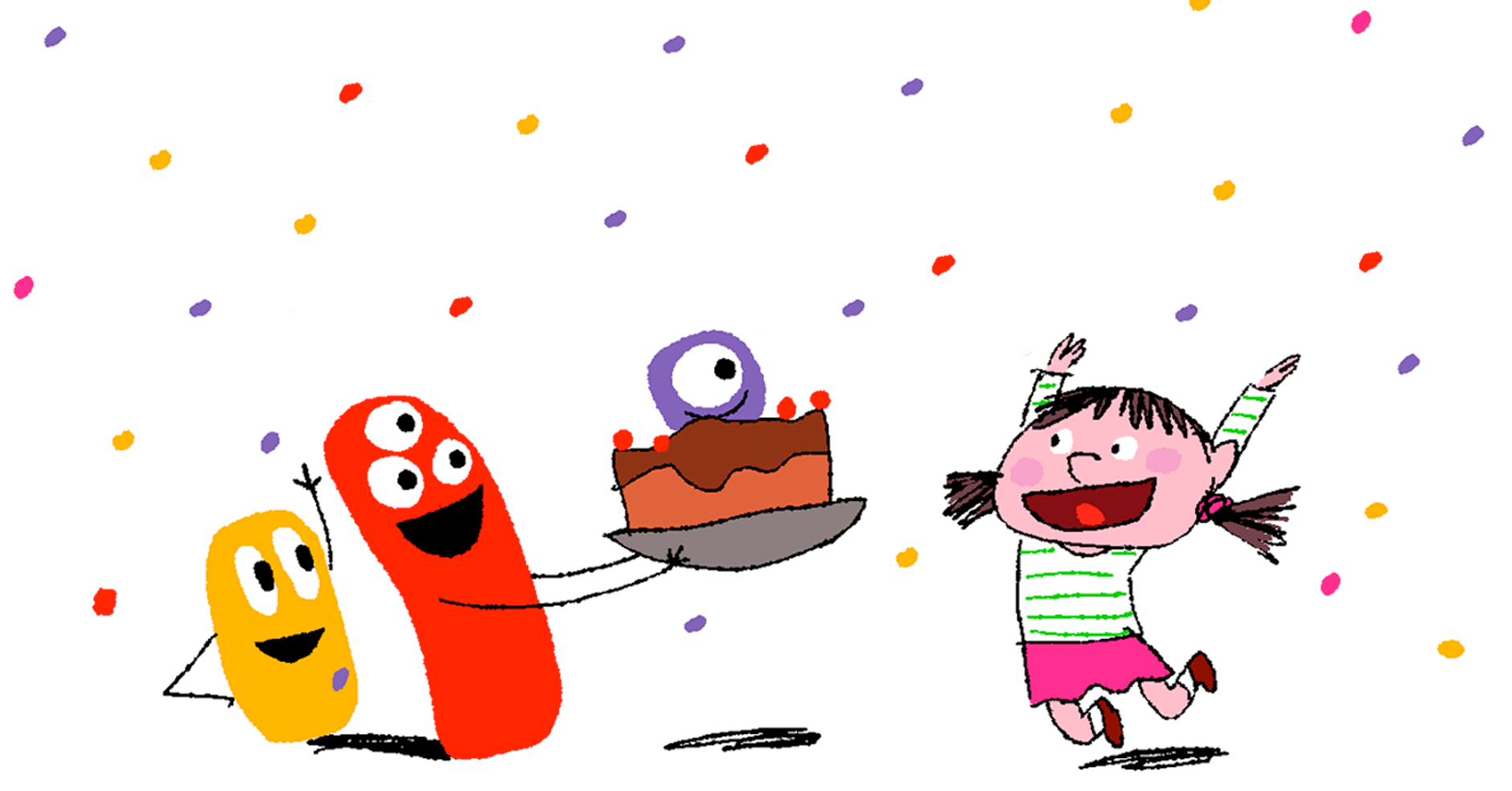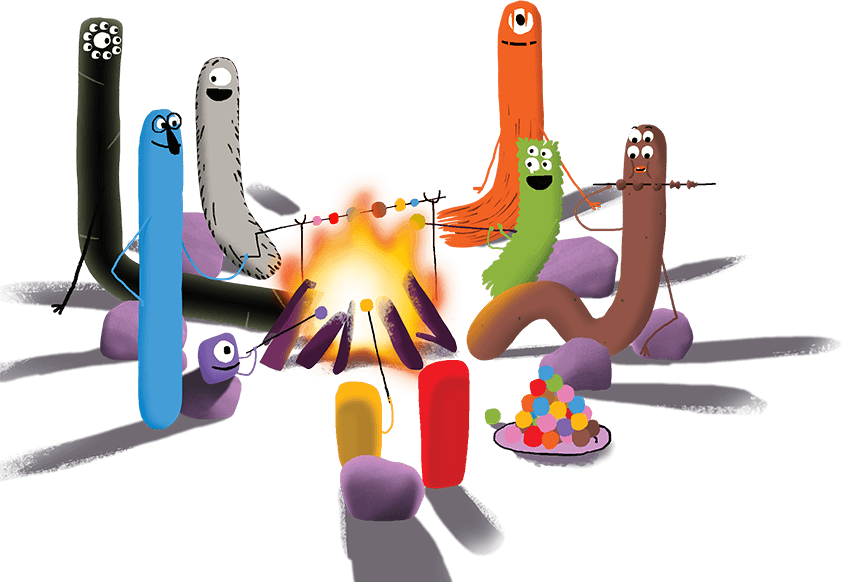Do you know someone with a birthday today?
Probably. Or is the answer “probability”?
For us here at DragonBox, “probably” gets the mathematical treatment, and turns into “probability”. Try out this fun fact and impress your friends at school, or at the office, with this remark...
We are all players in the Birthday Paradox
How many classmates does your little one have? How many co-workers do you have at your office? How many people are in the coffee shop you’re sitting in right now?
If there are 23 people in the same room, there is a 50/50 chance that two people have the same birthday.
Sounds a bit surprising, but it’s mathematically true! In a room with a certain number of randomly chosen people, a pair of them will probably be born on the same day. The chances of the pairing increases or decreases depending on the number of people in the room. In a room of 70 people, there is a 99.9% chance that two people will have the same birthday.
The "Birthday Paradox” is a fascinating example of probability. Probability theory is used in mathematics, finance, science, computer science, and game theory, just to name a few. But let’s take a step back…
How do we learn probability?
To fully understand and learn probability, you must have a solid foundation in less complex forms of mathematics. Learning math is sort of like playing with blocks. You have to have a solid foundation in order to keep building. In math, this foundation is called “number sense”.
Number sense is an intuitive understanding of what numbers are, how they work, and what you can do with them. Having number sense means that your child will have the ability to understand the relationship between one number to another number.
Many children lack this essential skill set. Understanding mathematical problems like the “Birthday Paradox” stems from having number sense, this deeper conceptualization of how numbers work. Giving someone the opportunity to have a solid foundation in math is beyond value.
Learn more about how you can give the gift of math here!
To know more!
See the latest news from the blog.
Get the Latest Apps & News!






